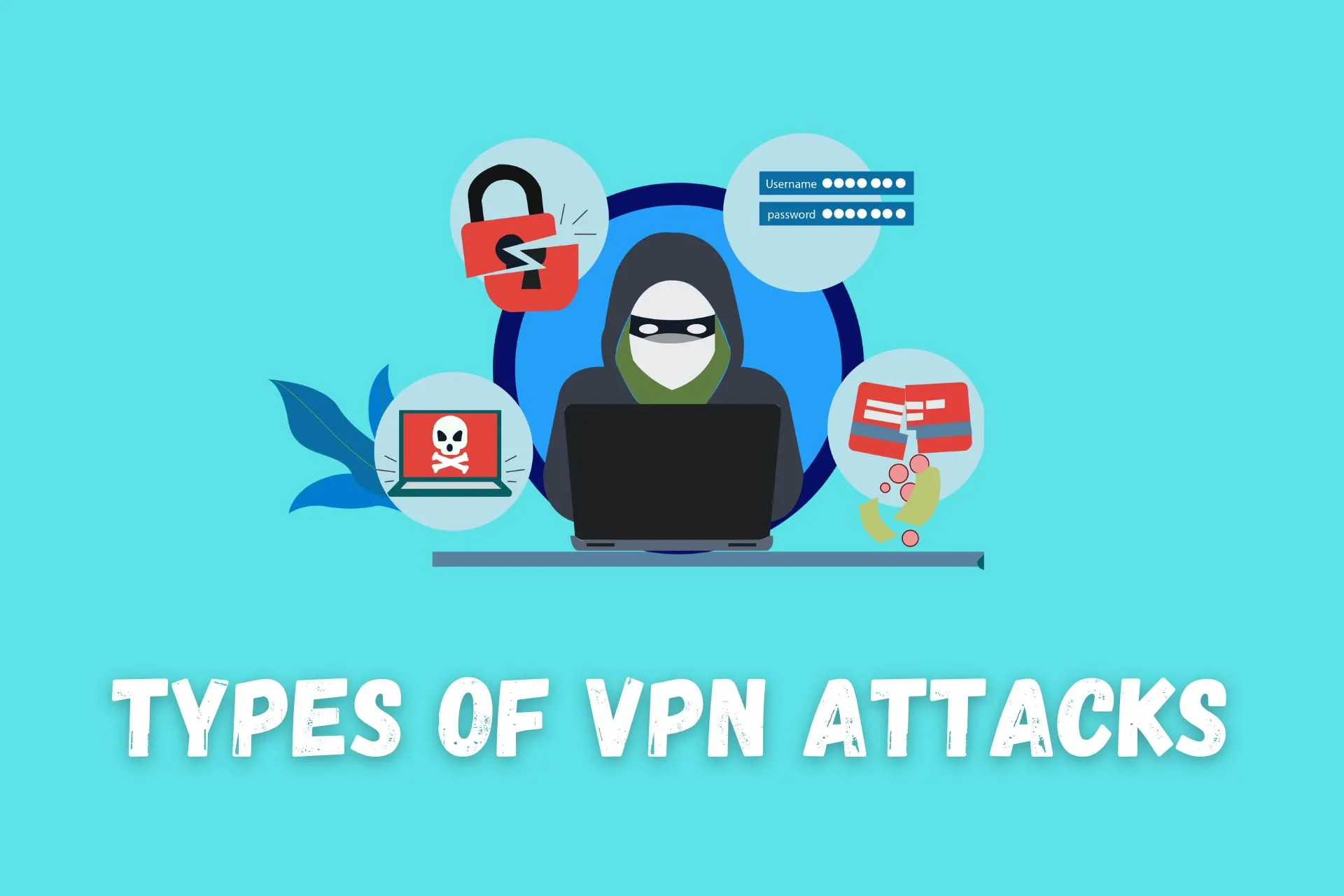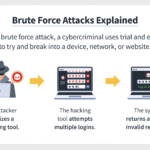The advent of Virtual Private Networks (VPNs) has revolutionized the way individuals and organizations protect their online activities. While VPNs are often touted for their ability to safeguard against external threats and enhance privacy, a more nuanced understanding of their limitations and capabilities is essential. This article delves into the specific types of attacks that VPNs effectively mitigate, illuminating the protective measures they provide and the scenarios in which they fall short.
1. Eavesdropping and Data Interception
One of the primary threats that VPNs counteract is eavesdropping, wherein malicious actors attempt to capture data as it traverses the internet. This is particularly prevalent on unsecured networks, such as public Wi-Fi hotspots in cafés and airports. A VPN employs encryption protocols, such as OpenVPN or IKEv2, to obscure data packets. By creating a secure tunnel between the user’s device and the VPN server, unauthorized entities are thwarted in their attempts to intercept sensitive information, like passwords and personal identification details.
The efficacy of a VPN in preventing data interception hinges on the strength of the encryption employed. Modern VPNs utilizing AES (Advanced Encryption Standard) offer robust encryption, ensuring that even if data packets are intercepted, they remain unintelligible to the attacker.
2. Man-in-the-Middle Attacks
Man-in-the-Middle (MitM) attacks occur when a malicious entity positions itself between two communicating parties, often to eavesdrop or manipulate transmitted data. VPNs significantly diminish the risks associated with MitM attacks by securing communication channels. When data is encrypted, even if an attacker successfully intercepts the communication, the encrypted information is rendered useless without the decryption key.
Moreover, reputable VPN providers implement features such as perfect forward secrecy, which further complicates attackers’ efforts by ensuring that encryption keys are regularly changed, thereby preventing them from decrypting past sessions even if they manage to compromise a key.
3. IP Address Masking
The obfuscation of one’s IP address is another critical benefit of utilizing a VPN. By masking the user’s real IP address and replacing it with that of the VPN server, the individual’s web activity becomes significantly less traceable. This is particularly beneficial in shielding users from targeted attacks, such as Distributed Denial of Service (DDoS) attacks, which often exploit IP addresses to overwhelm a specific target with traffic.
While a VPN does not eliminate DDoS attacks entirely, it provides a layer of anonymity, making it difficult for attackers to pinpoint an individual’s IP address. As such, users engaging in activities that may attract unwanted attention—like online gaming or activism—can benefit significantly from this aspect of VPN usage.
4. Geographic Restriction Circumvention
Although not a conventional “attack,” the ability to circumvent geographic restrictions is a significant advantage that VPNs offer. Many online services, including streaming platforms and certain websites, impose regional restrictions based on users’ IP addresses. By routing internet traffic through servers in different geographical locations, users can evade these restrictions, allowing access to content that might otherwise be unavailable.
This capability, while less about preventing attacks and more about enhancing access, does contribute to user security by enabling individuals to bypass oppressive government censorship and monitoring. In regions characterized by oppressive regimes, VPNs can be a tool for free expression, fostering a more open exchange of ideas without the looming threat of governmental surveillance.
5. Enhanced Online Privacy
VPNs play a pivotal role in safeguarding user privacy. By encrypting internet traffic and masking users’ IP addresses, VPNs help prevent third parties—such as Internet Service Providers (ISPs) and advertisers—from tracking online activities. This is particularly crucial in an age where data privacy breaches are rampant.
The protection against invasive tracking mechanisms does not eliminate the risk of data harvesting entirely, especially if users unwittingly participate in sharing personal information with websites. Nonetheless, VPNs provide a significant first line of defense, thereby strenuously bolstering user discretion online.
6. Limitations of VPNs
While VPNs are invaluable in mitigating various online threats, it is important to recognize their limitations. VPNs do not protect against all forms of attacks, particularly those originating from the endpoint. For instance, malware infections, phishing attacks, and social engineering scams can compromise user devices before traffic enters the VPN tunnel. Therefore, users must implement additional security measures, such as antivirus software, to cover these vulnerabilities.
Moreover, a VPN cannot offer complete anonymity. Depending on the VPN provider’s logging policies, a user’s activity may still be recorded. It is crucial for users to research and choose a trustworthy VPN service provider with a strict no-logs policy to ensure maximum privacy.
Conclusion
In summary, VPNs serve as a formidable fortress against various cyber threats, chiefly eavesdropping, data interception, MitM attacks, and IP address exposure. They enhance privacy, facilitate unrestricted access to content, and provide users a degree of protection on unsecured networks. Nevertheless, they are not infallible. A comprehensive approach to online security, incorporating strong passwords, malware protection, and prudent browsing habits, is essential to achieving robust cyber defense. Understanding the threats a VPN mitigates—and acknowledging its limitations—enables users to make informed decisions about their online safety.








Leave a Comment